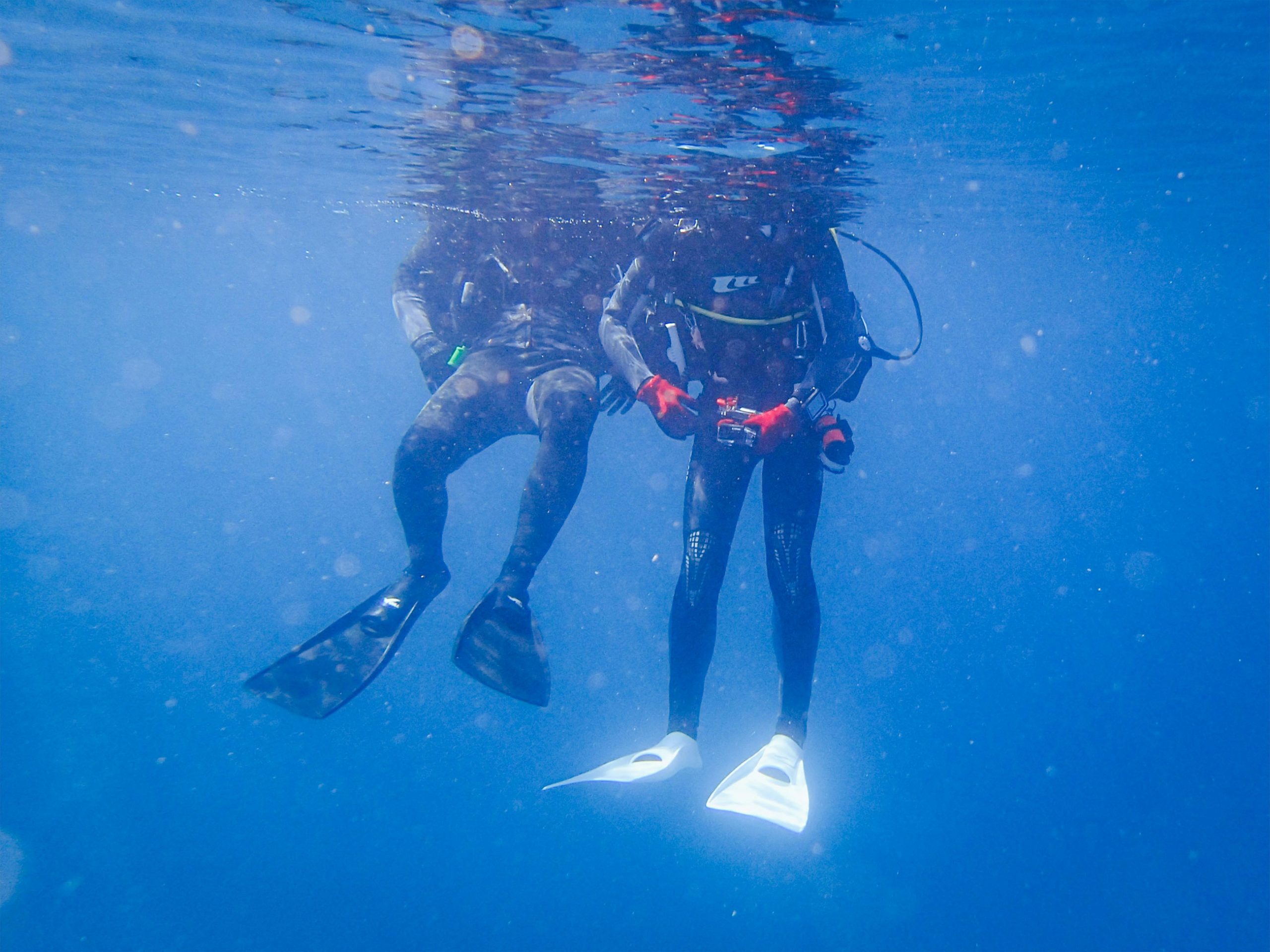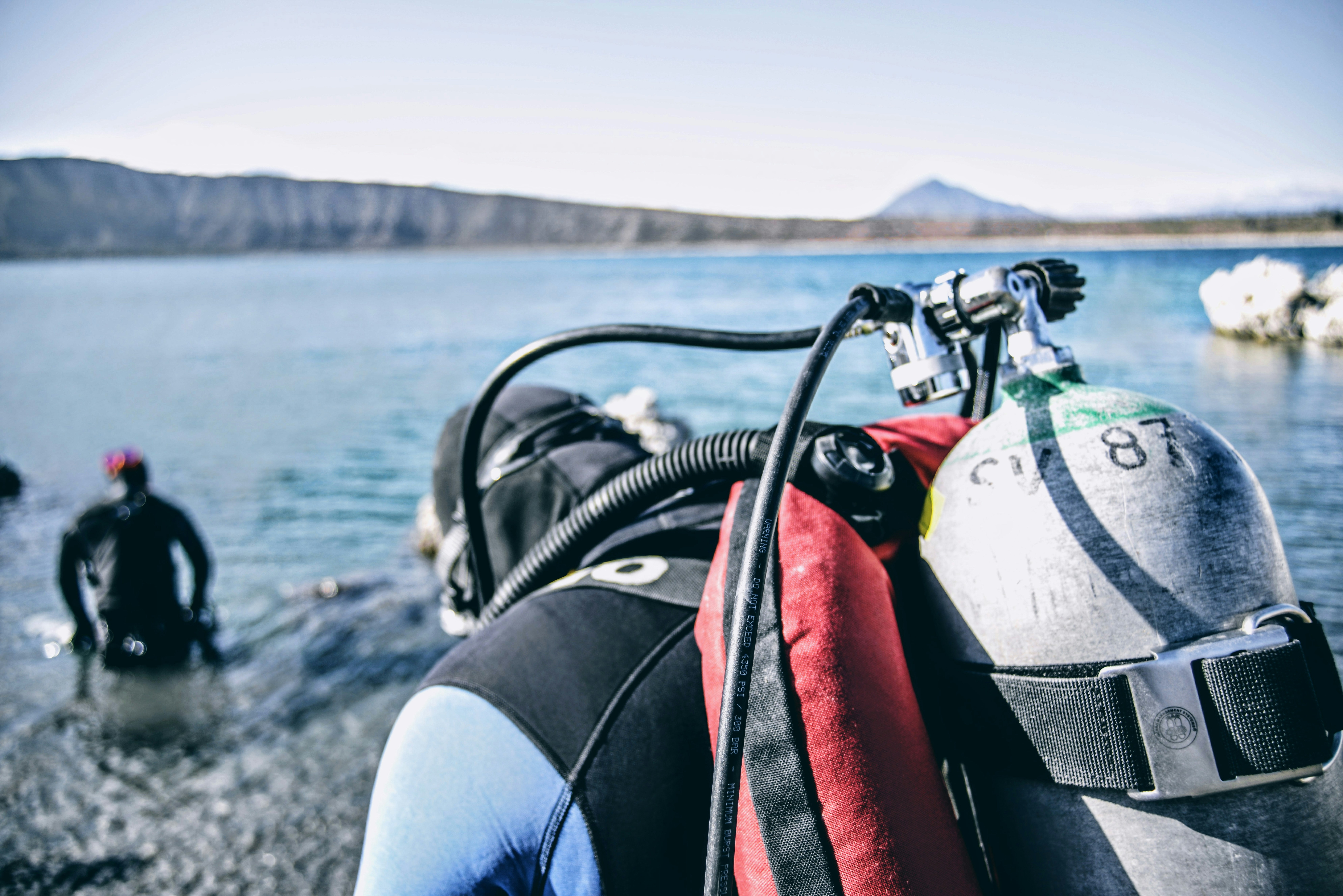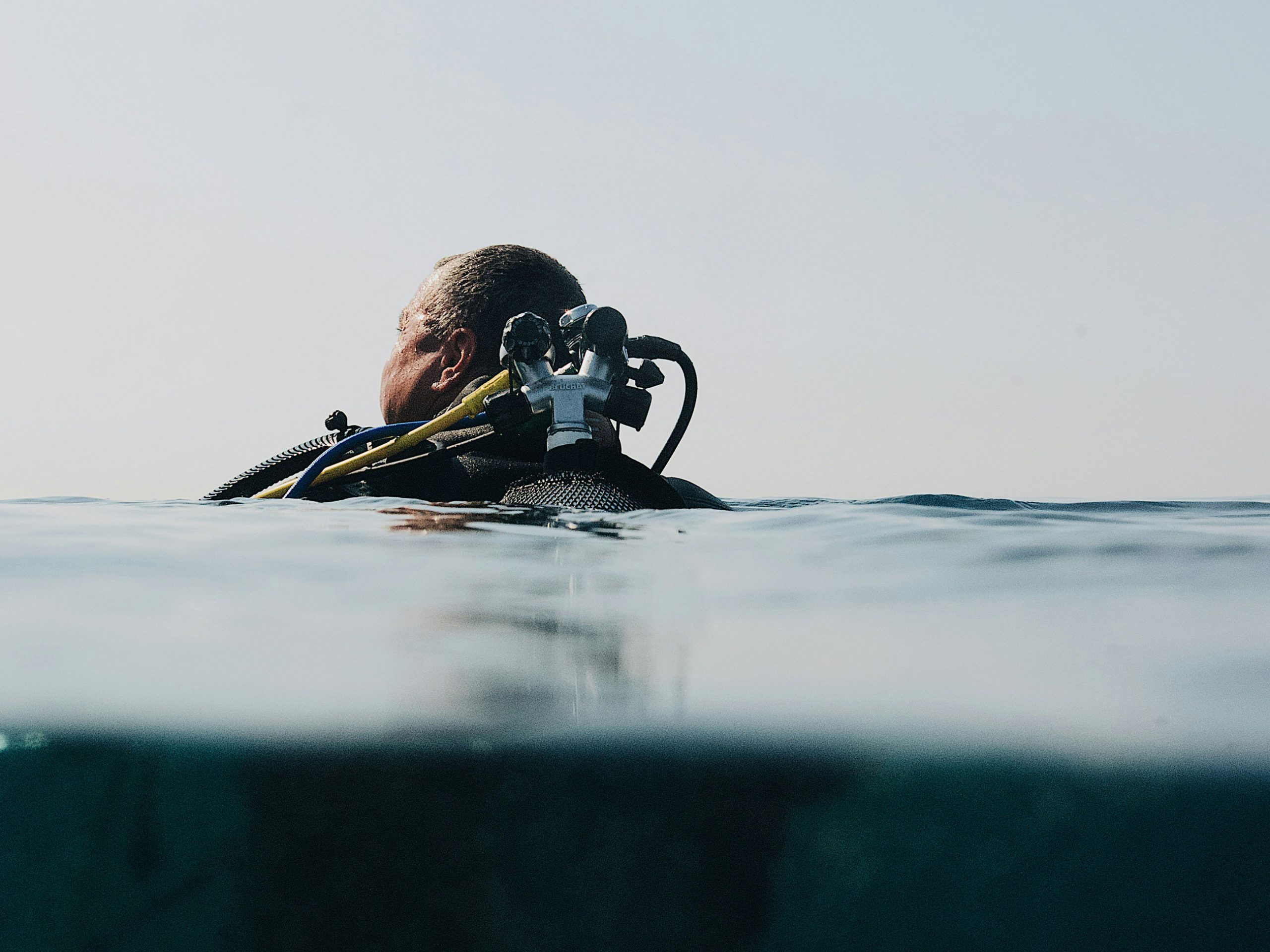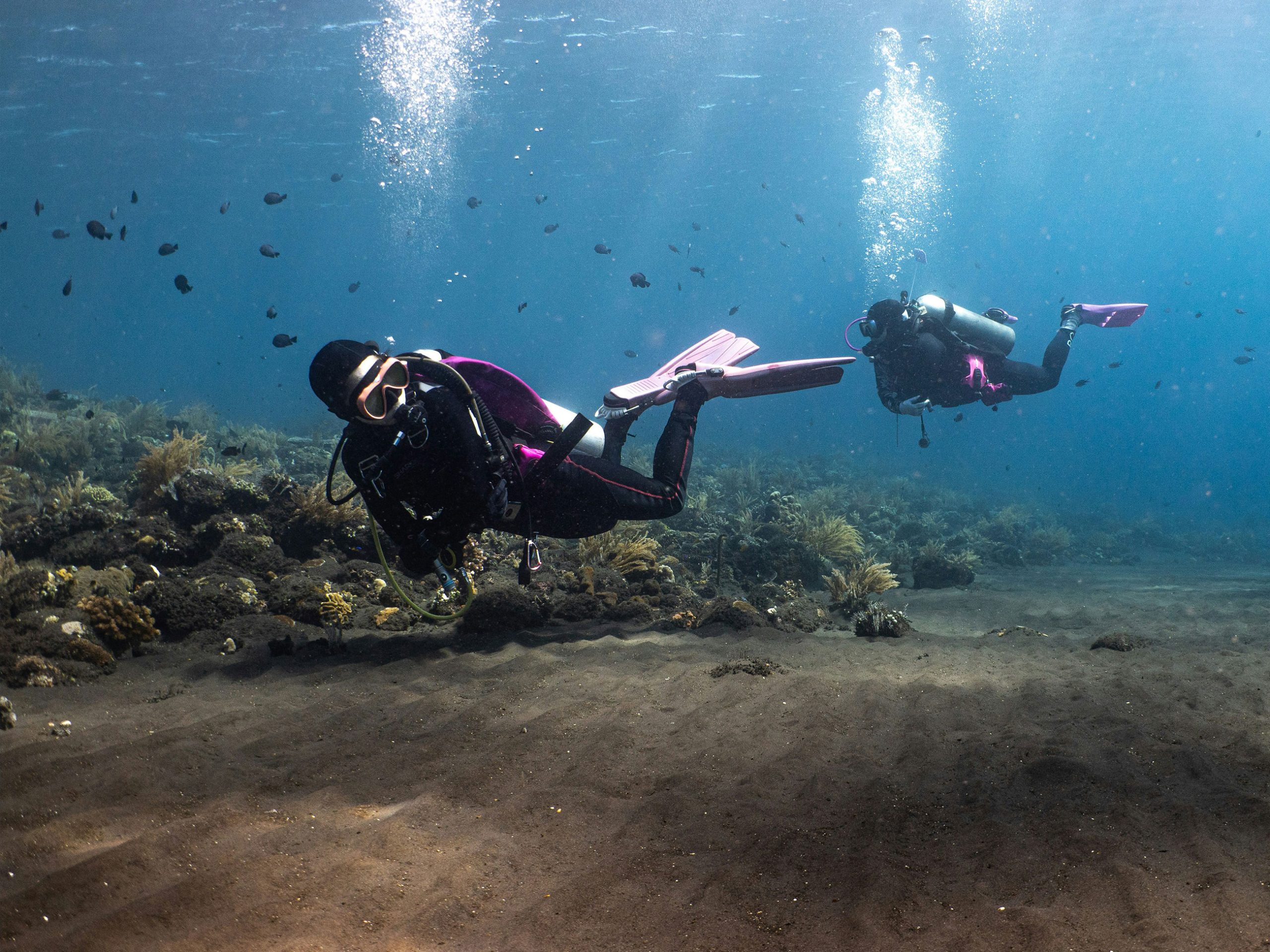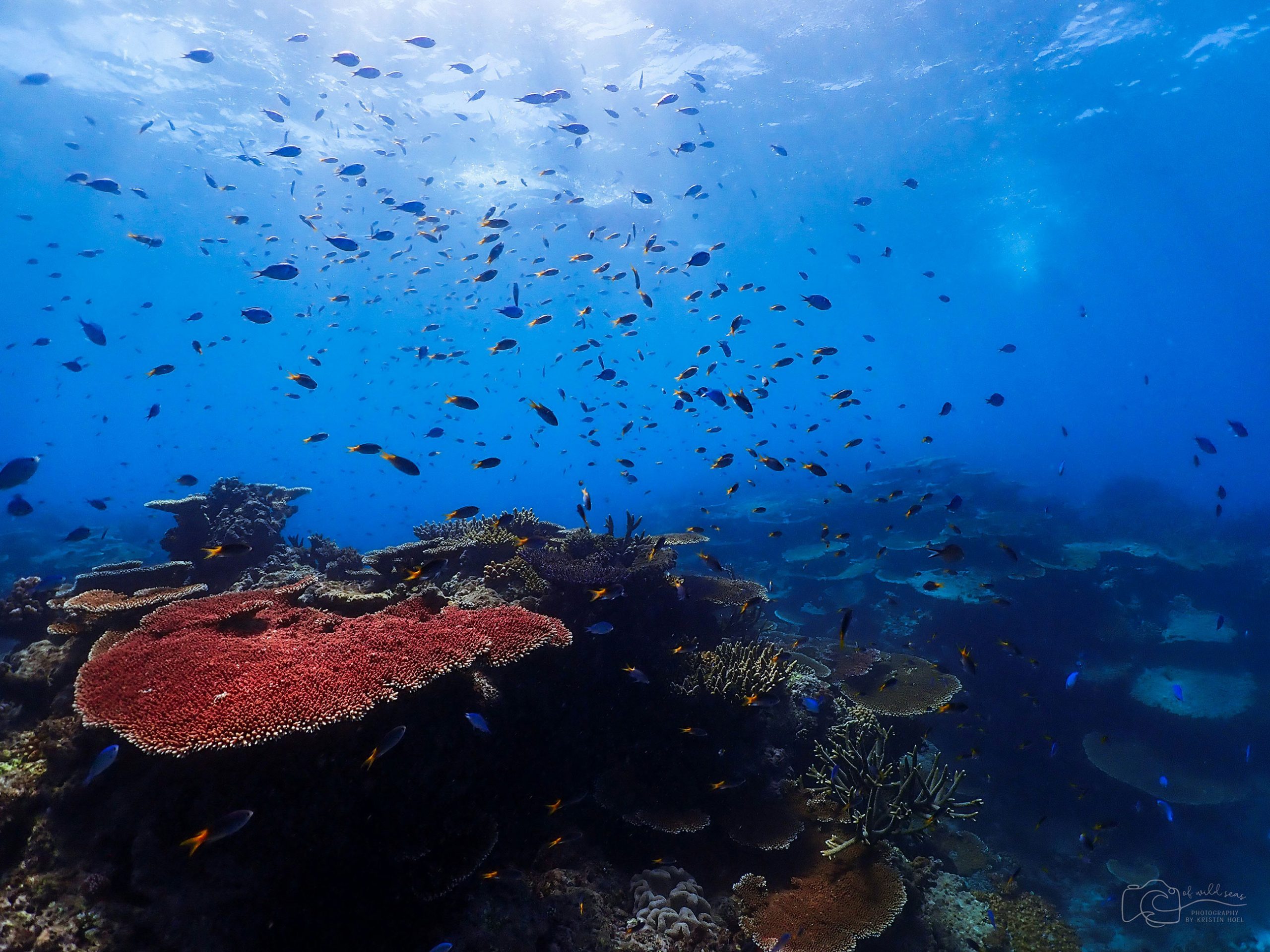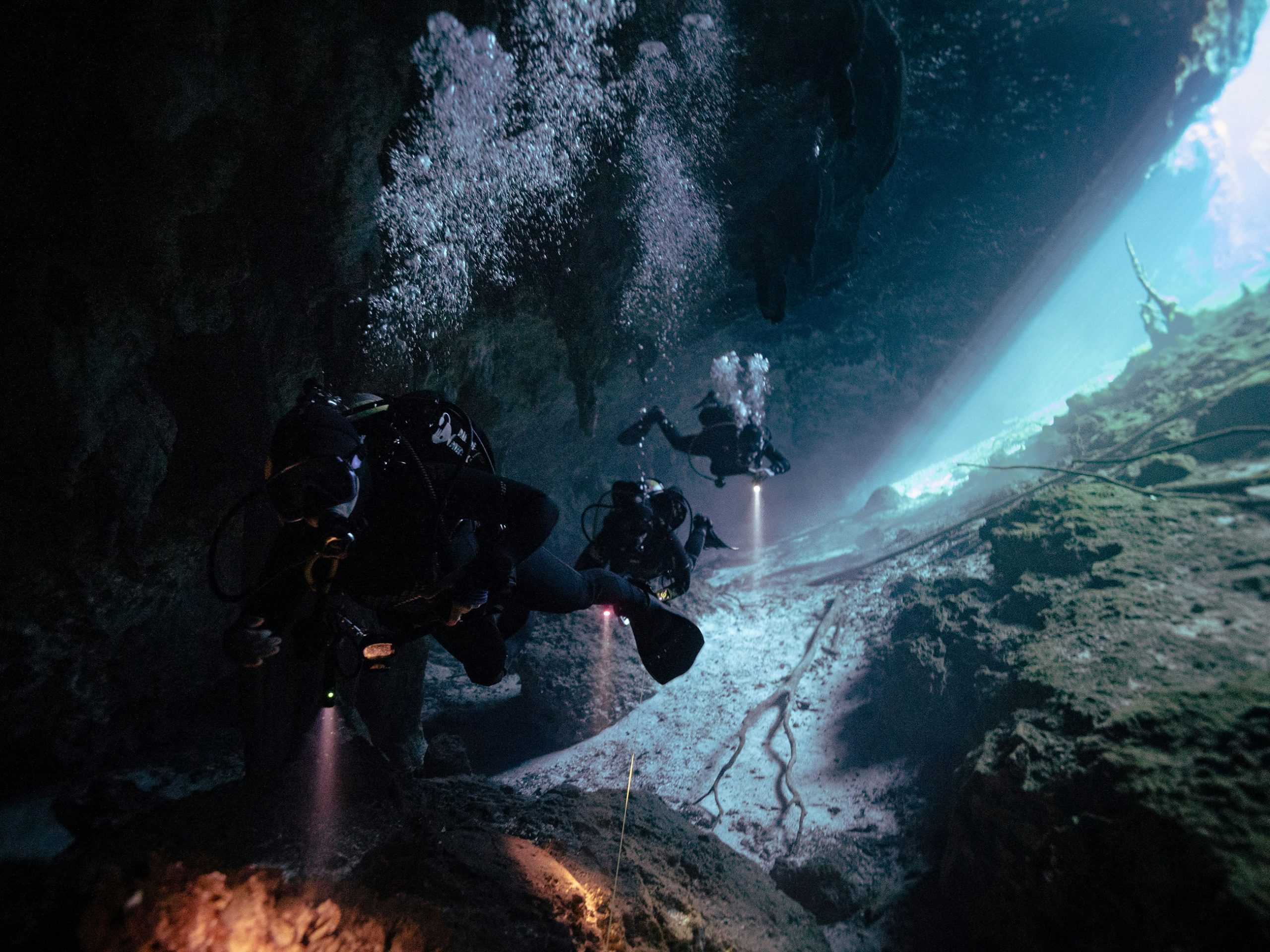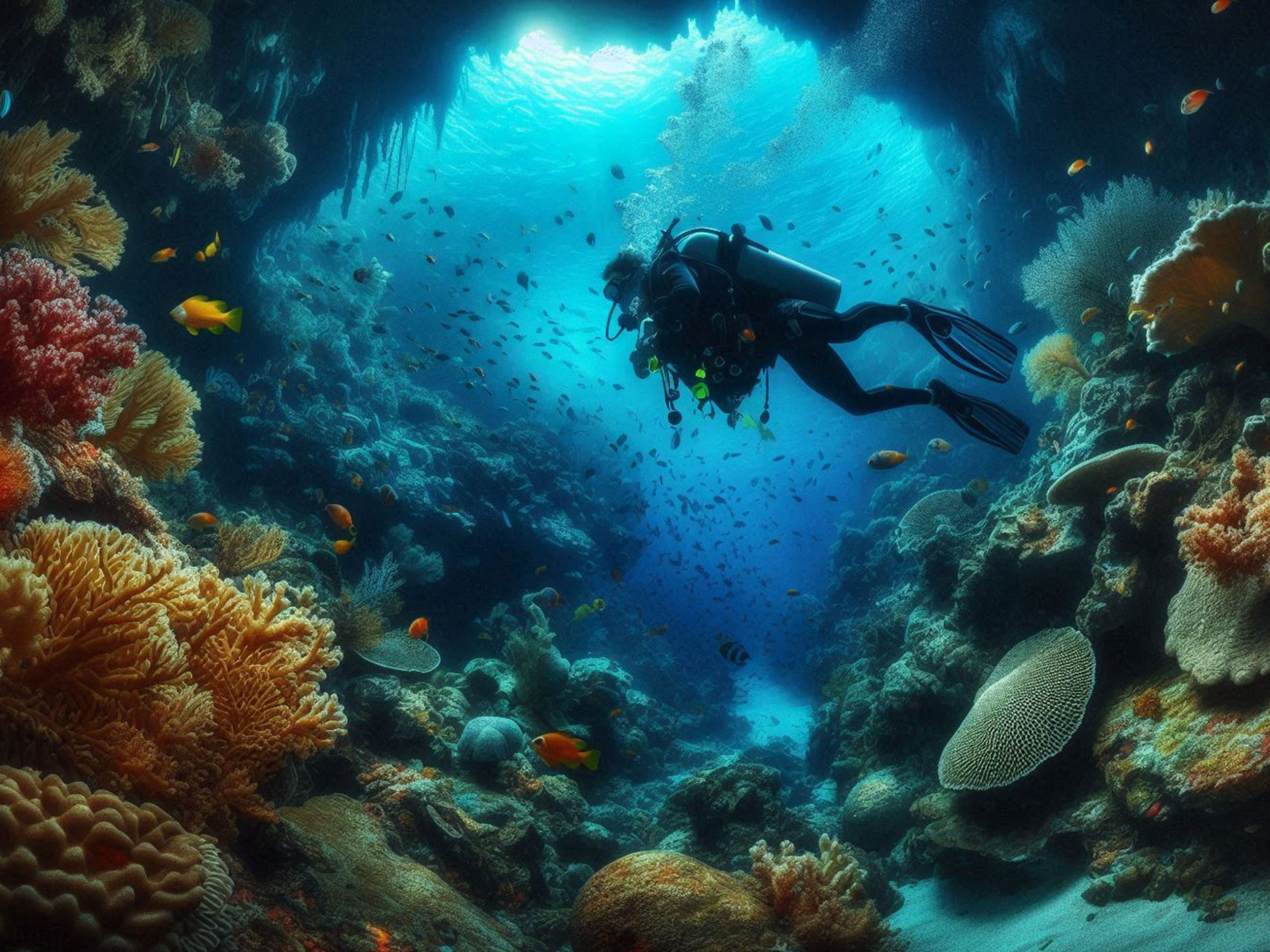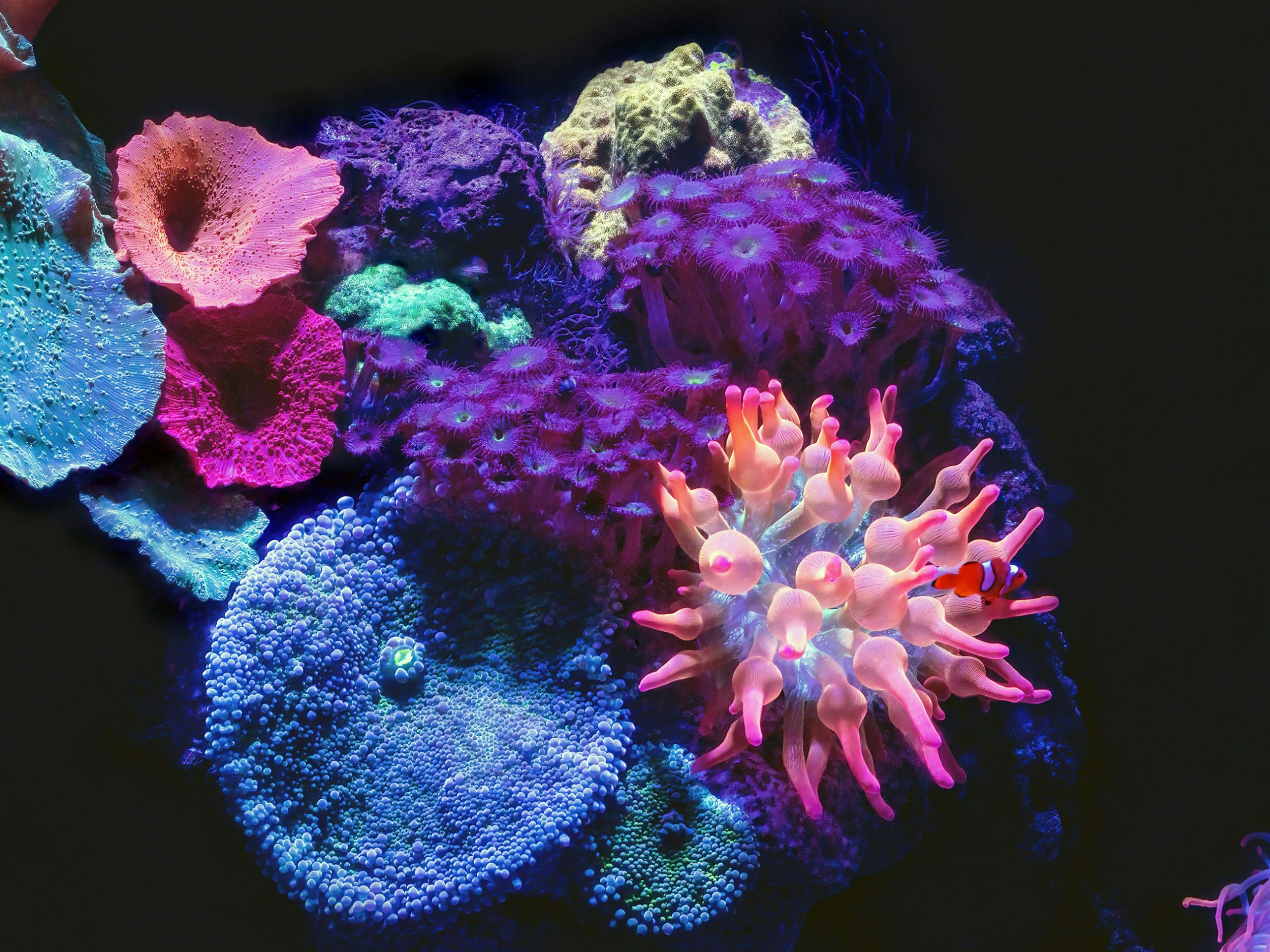So, you’re ready to dive into the underwater world? That’s fantastic! Before you take the plunge, it’s important to choose the right scuba certification course. This guide will help you navigate the different options and make an informed decision.
Understanding Scuba Certification Levels
There are several levels of scuba certification, each with its own set of requirements and privileges:
- Open Water Diver: This is the most basic level of certification and allows you to dive with another certified diver to a maximum depth of 18 meters (60 feet) without an instructor.
- Advanced Open Water Diver: This certification expands your diving skills and knowledge, allowing you to dive deeper and explore different environments like wrecks and caves.
- Rescue Diver: This course focuses on self-rescue and rescue techniques, making you a more responsible and capable diver.
- Divemaster: This professional-level certification allows you to assist instructors and guide divers.
Factors to Consider When Choosing a Course
When selecting a scuba certification course, consider the following factors:
Your Goals
- Recreational Diving: If you’re planning to dive for fun, an Open Water Diver certification is a great starting point.
- Professional Diving Career: If you’re interested in pursuing a career in diving, consider advanced certifications like Divemaster or Instructor.
- Specific Interests: If you have specific interests like wreck diving, underwater photography, or technical diving, look for specialized courses.
Time Commitment
- Open Water Diver: This course typically takes a few days to complete, depending on your schedule and how frequent you’re able to attend.
- Advanced Open Water Diver: This course can be completed in a few days or over several weekends.
- Rescue Diver: This course requires more time and effort, as it involves practical rescue scenarios.
Budget
- Course fees, equipment rental, and travel expenses can vary depending on your location and the dive center.
Instructor Experience and Qualifications
- Look for instructors who are certified by reputable organizations like PADI, SSI, or NAUI.
- Experienced instructors can provide valuable guidance and support.
Dive Shop Reputation
- Research the dive shop’s reputation, safety standards, and customer reviews.
- A good dive shop will provide high-quality training and excellent customer service.
How to Choose the Right Dive Shop
When selecting a dive shop, consider the following factors:
- Location: Choose a dive shop that is conveniently located and offers access to a variety of dive sites.
- Instructor Qualifications: Ensure that the instructors are certified and experienced.
- Course Curriculum: The course curriculum should be comprehensive and cover all essential skills and knowledge.
- Class Size: Smaller class sizes allow for more personalized attention from the instructor.
- Equipment Rental: The dive shop should offer high-quality rental equipment at a reasonable price.
Tips for a Successful Scuba Certification Experience
- Stay Hydrated: Drink plenty of water to stay hydrated, especially during classroom sessions and open water dives.
- Get Enough Rest: Ensure you’re well-rested before each dive.
- Practice Regularly: Consistent practice will help you retain skills and build confidence.
- Ask Questions: Don’t hesitate to ask your instructor questions, no matter how small.
- Enjoy the Learning Process: Embrace the challenge and have fun!
Choosing the right scuba certification course is an important decision. By considering your goals, time commitment, budget, and instructor qualifications, you can find the perfect course to start your underwater adventure. Remember, the most important thing is to choose a course that you enjoy and that will help you become a safe and confident diver.

